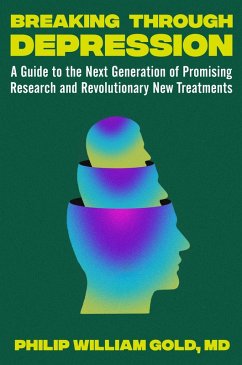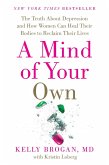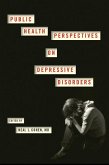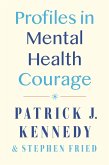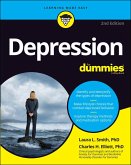"A thorough, up-to-date, and upbeat introduction to current scientific thinking about mood disorders and their treatment. An important resource for patients and their families-and for anyone curious about progress in psychiatric research."―Peter D. Kramer, Listening to Prozac This inspiring exploration of the recent advances in depression research and treatment shares new methods that offer promising paths to wellness. Breaking Through Depression explores how the anatomy of the brain and the biochemistry of nerve impulses play a major role in how we view ourselves and the world. Drawing from his long-term research, Dr. Philip W. Gold makes the case for depression arising at the intersection of genetic vulnerability with stressful, disturbing life experiences that get encoded in our emotional memory. Breaking Through Depression will delve into the interplay between our anatomy and our lived experiences as the key to understanding why there are such individual differences in how we make connections with others, deal with adversity, or recover from trauma. More importantly, Dr. Gold reveals the latest breakthroughs that can heal people struggling with depression, including:
- The FDA has fast-tracked Psilocybin and Ketamine as anti-depressant treatments, which cause immediate improvement in depressive symptoms.
- Low-energy lasers have been developed that can stimulate these areas directly and painlessly to relieve symptoms in treatment-resistant patients suffering from major depression.
- Scientists are developing genetically 'thumbprinted' antidepressants that can be individually tailored to match a person's DNA increasing their effectiveness.
- Inflammation in the body and the brain is a prominent component of depressive illness, to the point that anti-inflammatory agents are useful in the treatment of depression.
- Incredible progress with gene therapy including a treatment overcoming the BDNF gene mutation that interferes with resiliency, promotes vulnerability to depression, and inhibits the capacity of antidepressants to work effectively.
These are just a few of the fascinating new developments explored in Breaking Through Depression and the many reasons for hope that Dr. Gold shares in this groundbreaking book.
Dieser Download kann aus rechtlichen Gründen nur mit Rechnungsadresse in A, B, BG, CZ, D, DK, EW, E, FIN, F, GR, HR, H, I, LT, L, LR, NL, PL, P, R, S, SLO, SK ausgeliefert werden.
Hinweis: Dieser Artikel kann nur an eine deutsche Lieferadresse ausgeliefert werden.

